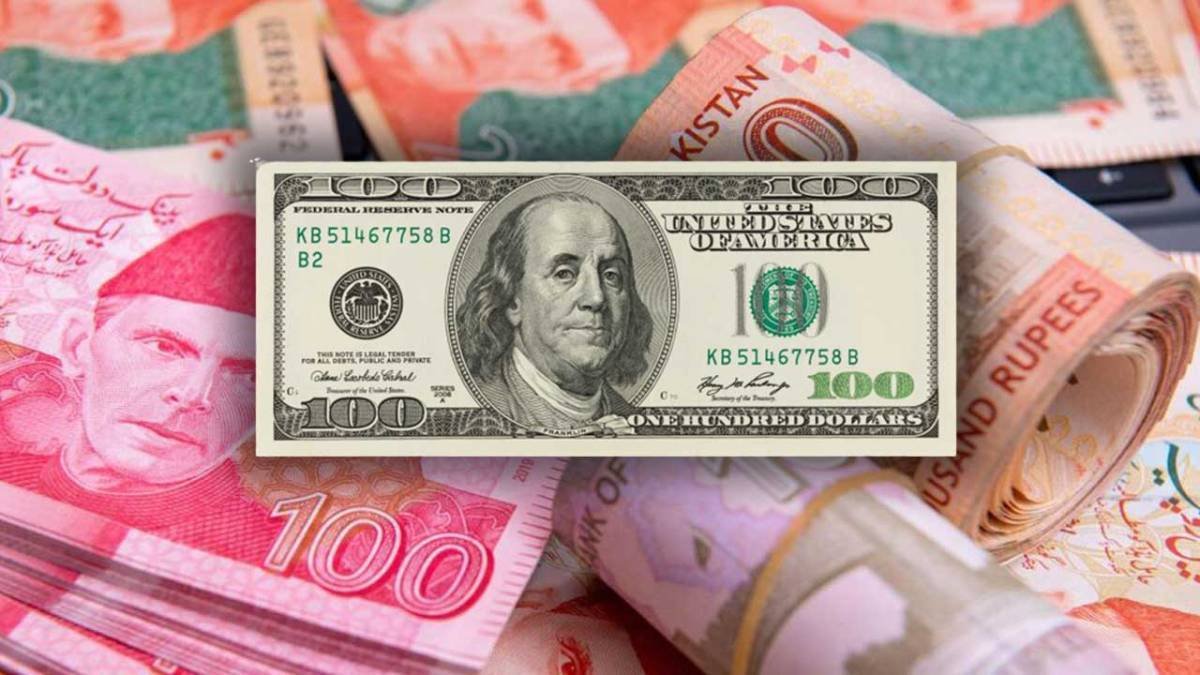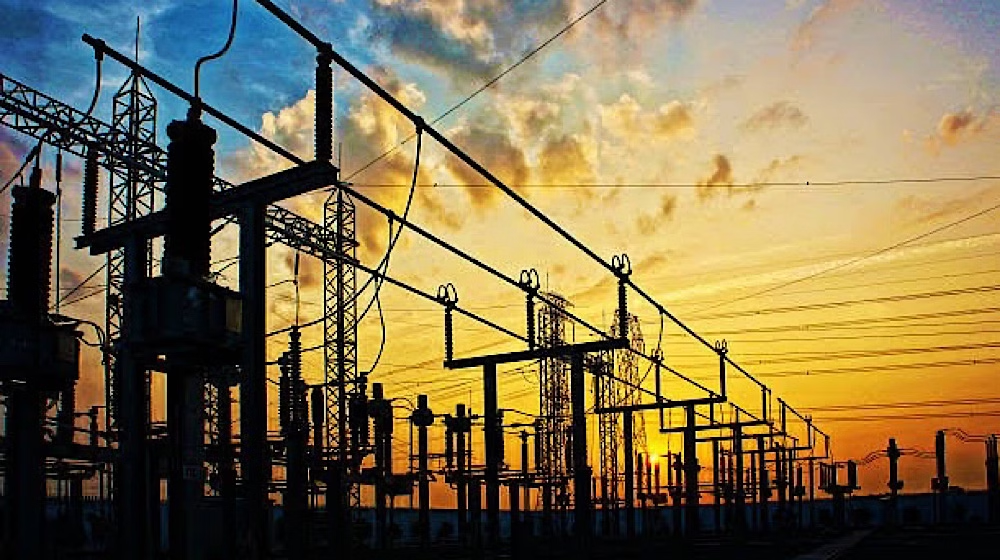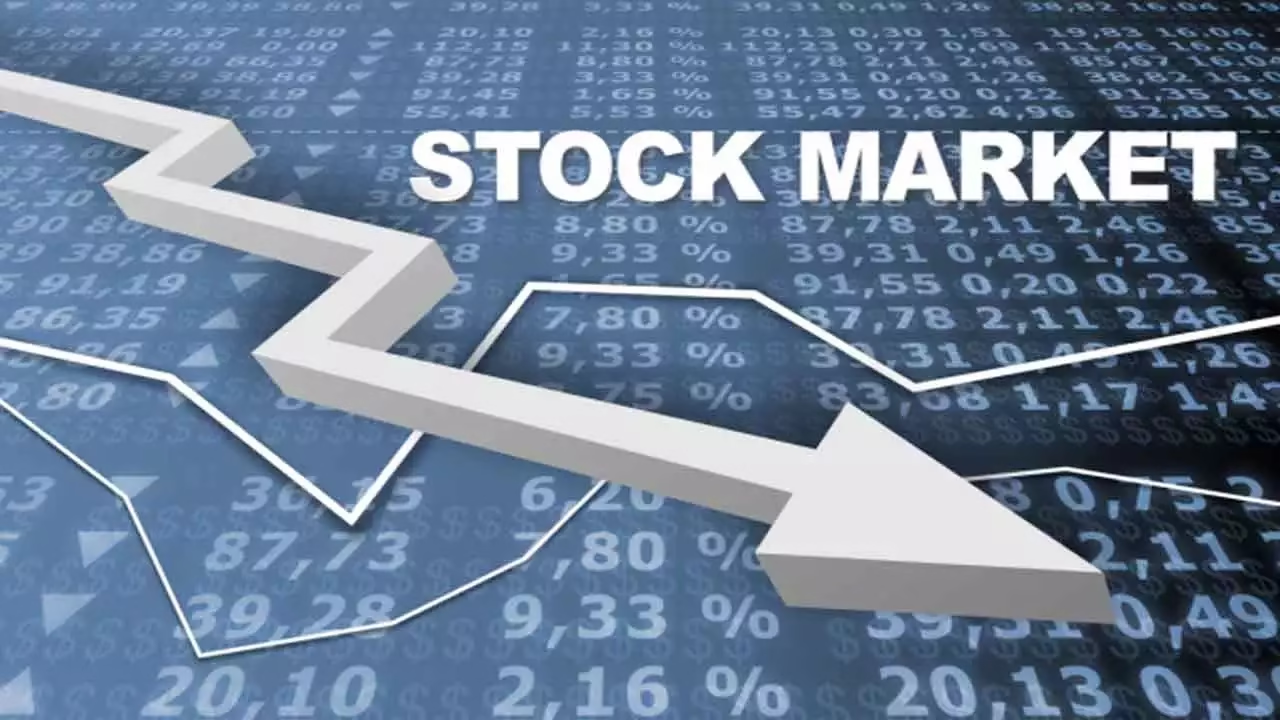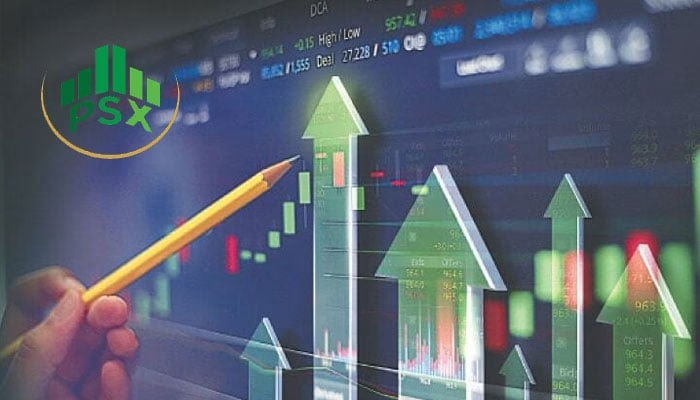In Karachi, the Pakistan rupee showed resilience against the US dollar, marking a net gain of Rs1.13 or approximately 0.40% during the week in the official exchange rate. The rupee closed the week at Rs285.37, reflecting optimism among investors and the public regarding improved foreign investment and the privatization of state-owned enterprises.
Caretaker Prime Minister Anwaarul Haq Kakar expressed confidence in the stability of money markets, stating that the recent slide in the currency was temporary. This positive sentiment helped the local currency recover from a recent low of Rs288.14 on November 15, after experiencing a weeks-long surge that allowed it to rebound from a record low of Rs307.10 in mid-October to reach Rs276.83.
In contrast, the Pakistan Stock Exchange continued its impressive performance, setting another record with the benchmark KSE-100 Index closing at 59,086.65. The index recorded a weekly surge of over 2,000 points or approximately 1.9%, reaching this level from 57,063.16 on November 17.
Despite the Sensitive Price Index (SPI) indicating over 40% weekly inflation for the second consecutive week due to rising gas and food prices, there is an optimistic view that inflation won’t return to previous levels. This perception suggests no immediate need for further interest rate hikes, as macroeconomic indicators continue to improve.
The current interest rates, frozen at 22%, the highest in Pakistan’s history, are in response to record-high inflation that led to a cost-of-living crisis and increased poverty. Additionally, stable global oil prices and a stronger rupee suggest that Pakistan is unlikely to experience a rise in fuel rates, providing further protection against inflationary impacts.



